The Other Side of Ashton Kutcher .. Comedian, Entrepreneur, or Tech Investor?
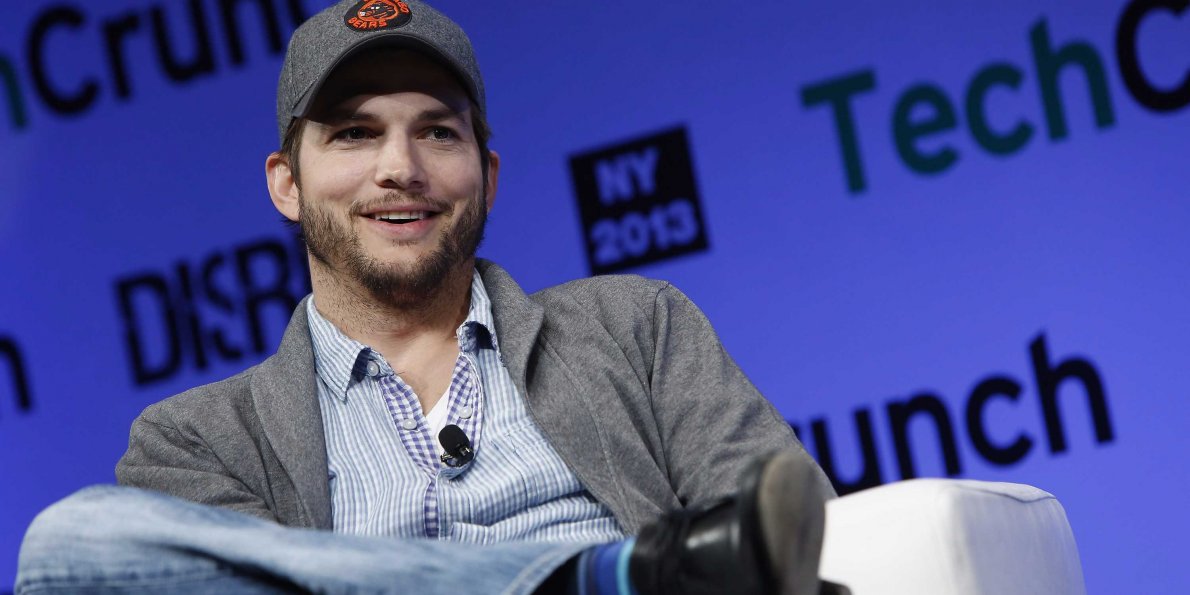
We all know Ashton Kutcher as the comedian actor who made us laugh out loud many times at the cinemas or at home, but not everyone knows the other side of the comedian.
If you only know Ashton Kutcher as the young guy in “Dude, Where's My Car?" and "That '70s Show” or the romantic/comedian in “Just Married” and “Valentine’s Day”, then you’re missing out a lot and you’ll probably be surprised to know that the 39-year-old actor is also an entrepreneur and a successful venture capitalist in the tech space – who invested in 51 different companies.
In 2011, Kutcher co-founded venture capital firm A-Grade Investments - and in 2015, Sound Ventures - and has since invested millions into startups like Skype, Spotify, Airbnb, Uber, Foursquare, Path, Soundcloud, and Fab.com.
“I recognized early on that there were a lot of emerging companies building better, cleaner, easier solutions to everyday problems, and I had an ability and interest to bring those solutions to the masses. I spend a lot of time thinking about new and simpler ways to do things, but don’t have enough time to execute on all those ideas. So I found people who were executing on them and invested in their success,” Kutcher said in an interview on Grow digital magazine.
Kutcher has been involved in business ventures since 2003, when he started his production company, Katalyst. Kutcher said it was famed angel investor Ron Conway who took his career to another level. "He is one of the godfathers of angel investing," Kutcher said in an interview on A Plus (which he is a co-founder and investor in it). "He completely opened up his investment portfolio to me and really started explaining to me how things worked and what his strategy was. He has probably been my biggest mentor."
Kutcher also made some solo investments before A-Grade was founded in 2011. He owns a share of Foursquare, the social network which allows users to “check in” to locations. It was the first investment to put him on the map of the startup scene, then in 2009 he invested in Skype, which was bought two years later from Microsoft for over $8 billion – So, Kutcher’s money was tripled.
In 2011, Kutcher’s venture capital firm ‘A-Grade Investments’ invested in Airbnb - the online marketplace that connects travelers seeking accommodations with people renting out their homes or part of their homes. Back then, Airbnb had approximately 60,000 listings and a million nights booked. Six years later, the company has over 2.3 million listings with a valuation of $30 billion.
In 2013, Kutcher invested in YPlan, last minute events tickets app that allows spontaneous event-goers to buy last minute tickets to top events in London on the day the events are taking place. With Kutcher’s investment, the app has expanded to New York and San Francisco. It was told that Kutcher came across YPlan because he was in London and wanted to plan a last-minute date with his girlfriend – who’s now his wife; the actress Mila Kunis.
“I really think that technology has the greatest potential to accelerate happiness of most things in the world. The companies that will ultimately do well are the companies that chase happiness,” Kutcher said on stage at TechCrunch Disrupt 2011. “If you find a way to help people find love, or health or friendship, the dollar will chase that.”
Not everything Kutcher has invested in turned to gold – he lost money on Ooma, an internet phone business, and Fashism, a social shopping app, for example – but the vast majority have been successful and are still gathering pace. It probably helps that Kutcher is a natural technophile, who embraces new products early. In 1997, when he enrolled in the University of Lowa, Kutcher planned to major in biochemical engineering - until he won a modeling competition, he dropped out and ended up going the modeling and acting route, but his interest in science and technology would rise years later when he started investing in tech companies.
The extent of Kutcher’s enthusiasm for technology is surprising and unexpected – even to those who cross paths with him in his acting career. For example, Michael Stern, the director of Jobs, the Steve Jobs biopic, told the Wall Street Journal that he was surprised by Kutcher’s historical knowledge of Apple.
“I walked on to a set once and there was a computer processor that was there as set dressing, and he removed it and said, 'This wasn’t invented for two more years’,” Stern told the Wall Street Journal. “He knew everything there was to know, even historically, about the technology we used.”

An old picture for Steve Jobs and a picture for Ashton Kutcher in Jobs movie
As an entrepreneur and technophile, featuring Steve Jobs in Jobs movie must have been difficult, and easy, or just bittersweet. Someone sparked the discussion by asking on Quora website: “Why did Ashton Kutcher decide to play Steve Jobs in the movie Jobs?”, Actor-turned-tech-investor Ashton Kutcher jumped in the thread to explain. He said that choosing to take this role was very difficult as he greatly admires the work that Steve Jobs has done and have many friends and colleagues who knew and/or worked for Steve. So, when he read a screen play that was not entirely flattering to Jobs’ character, he had great reservations but he still chose to take on the role for a couple reasons, which are:
“ 1. I care. As I read the script I had a knot in my stomach. I imagined actors playing the role and not connecting to the love that went into some of the seemingly irrational decisions that Steve sometimes made. If this film becomes an enduring memory, of a man I admire, I wanted to ensure that it was portrayed by someone who cared about his legacy and took the time to represent him in a way that people who were close to Steve felt to be authentic.
2. The idea of playing the role terrified me. I've found that the greatest rewards I've received in my life have come from jumping at the opportunities to take on things that scare me. The chance to portray someone who not only lived but who is still very relevant and alive in the zeitgeist seemed to be a once-in-a-lifetime challenge.
3. It was a perfect convergence in my craft and my interests. I've spent the last 5 years working with early stage technology companies as an investor and advisor. Whenever you take on a role, it's like a crash course in the subject matter of the film. So while researching the role I was able to spend countless hours studying tech design, product, and history. It also afforded me the opportunity to meet with several of Steve's peers who happen to be icons of the tech world.
4. I loved what the film stands for. I think with the state of the global economy inspiring young people to build things is vital. I wanted to remind entrepreneurs that Steve Jobs wasn't always "Steve Jobs", that he struggled, that he failed, and that he rigorously persevered to build something great to improve other people's lives.”
It seems that the comedian actor has many other – serious – sides. He somehow broke the stereotypes, and was able to build a strong reputation as a respected tech investor in Silicon Valley. The 39-year-old comedian had invested in 51 different companies.

In March 2016, Kutcher appeared on the cover of Forbes magazine for a very comprehensive article on his investments, which became the most-widely read issue in Forbes’ 99-year history.
Over six years, Kutcher turned his 6 million to cool 250 million through tech investments. Kutcher has invested in so many - and had so much success with - startups, that he might be called a venture capitalist first, and an actor second.























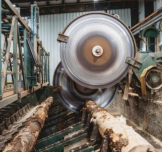






























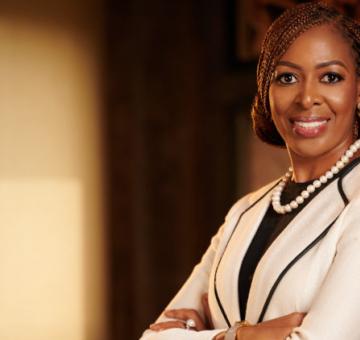
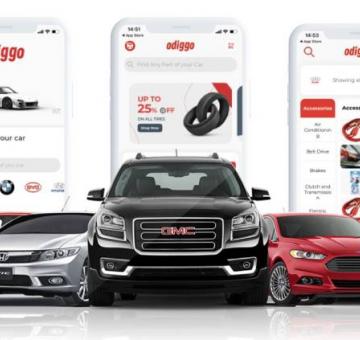
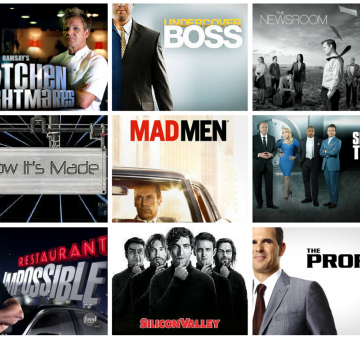













EgyptInnovate site is not responsible for the content of the comments